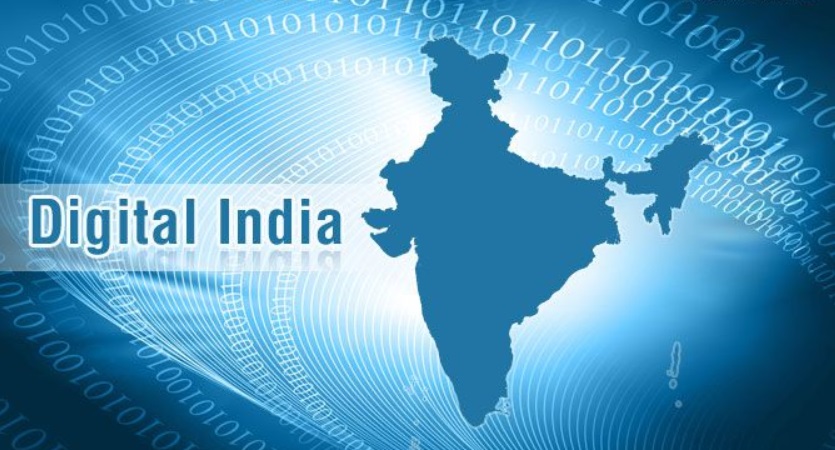
The extraordinary growth story of UPI can be attributed to three essential factors:
. the Indian government’s vision of transforming country into a digitally empowered society has provided the necessary impetus for digital payment systems such as UPI to thrive;
. the RBI’s forward-thinking, progressive approach towards payments and financial technology; and
. the collaborative efforts at the eco-system level of banks, financial institutions, fintechs, and merchants.
European Payments Council interviewed Ritesh Shukla – CEO of NPCI International Payments Limited (NIPL) and talk about Unified Payments Interface (UPI), a mobile-based real-time payment system facilitating instant personal and merchant transactions.
UPI is India’s popular mobile-based real-time payment system, which enables instant personal and merchant payments. It processes over seventy-five percent of the country’s retail digital payments, registering over 14 billion transactions in May 2024 alone.
In 2023, UPI handled 117 billion financial transactions totalling 2.19 trillion dollars in value. To quote the most recent data, in May 2024 the UPI platform processed transactions valued at around 245 billion dollars.
UPI with its complete interoperability has truly democratised payments in India, providing financial services access to every Indian with a mobile device. Notably, the share of person-to-merchant (P2M) transactions has been consistently growing, comprising approximately sixty-two percent of the total transactions as of May 2024.
„UPI has become a pivotal force in India’s digital economy as an architecture framework with a set of standard Application Programming Interfaces (APIs) that facilitate easy integration. Its interoperability enhances financial access, and its real-time capabilities ensure swift fund transfers. Moreover, NPCI employs a cost-effective merchant-deployment model which supports merchant network expansion.„
„At the ecosystem level, NPCI adopts an industry-led approach to ownership and governance, guided progressively by the regulator – the Reserve Bank of India (RBI). It works on the principles of collaboration and inclusion among ecosystem participants, driving innovation through its platform-centric approach.” – said Ritesh Shukla.
Currently, there are ~350 million active UPI users in India and over 340 million QR codes at various merchant locations to facilitate payments in a seamless digital manner. The UPI ecosystem is expansive, featuring over 77 mobile applications including players like Google Pay, WhatsApp, Amazon Pay, PhonePe (Walmart-backed), and BHIM. Additionally, more than 550 banks are integrated into the UPI framework, contributing to its extensive reach and utility.
UPI represents a successful collaboration between India’s public and private sectors in the financial industry. It was developed by NPCI, a not-for-profit organisation founded by the RBI and the Indian Banks’ Association (IBA) under the Payment and Settlement Systems Act of 2007. While NPCI is regulated by the RBI, it has 65 shareholders, and these include several banks and fintech companies.
Use cases supported on UPI
UPI supports multiple use cases such as Person-to-Person (P2P), Person-to-Merchant (P2M), Request-to-Pay, UPI on Delivery, Standing Instructions, IPO investments etc.
To elaborate on a few, request-to-pay enables individuals or merchants to request money from the payer via UPI, simplifying transactions. With recurring payments, UPI supports auto-debit functionality for utilities, entertainment subscriptions, and other services. Users can also link their RuPay credit card to UPI apps for secure transactions without needing the physical card. Additionally, with UPI for international payments, Indians can currently pay select merchants in Bhutan, France (ecommerce), Mauritius, Nepal, Singapore, Sri Lanka, and the United Arab Emirates (UAE).
More details here
Banking 4.0 – „how was the experience for you”
„To be honest I think that Sinaia, your conference, is much better then Davos.”
Many more interesting quotes in the video below: